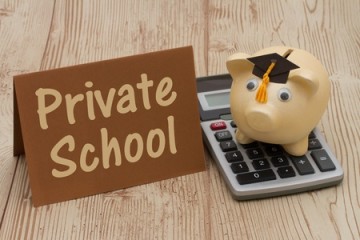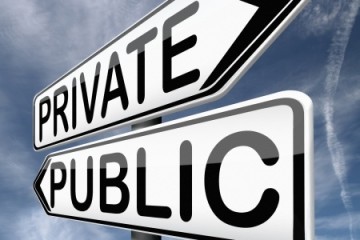The Benefits of Private School
In Fall 2014, approximately 4,974 students began to attend private schools. Parents who send their children to these educational facilities feel that the children are benefitting in several ways. The admittedly biased Council for American Private Education (CAPE) agrees. They provide a list supporting the preference of their facilities over the public school option. Yet, certain findings by the National Center for Education Statistics appear to support this. (Sources: CAPE, NCES)
Why Send Your Child to Private Schools
There are several reasons cited as why sending your child to a private school is beneficial. They focus on different aspects that comprise the educational experience at such institutions. These include both environmental and academic factors. According to both statistics and reasons cited by parents, the benefits of attending private school are not simply immediate but affect the future outcome of the children. It is the almost holistic approach to the child that parents perceive as being advantageous.
Basic Benefits
When it comes to specifics, the benefits of a private school include the following:
- Curriculum: Thought to be more suitable, more challenging
- Class size: Generally smaller with a better teacher to student ratio allowing closer working relationships, more attention paid on individual students and a more tightly knit class
- Teaching staff: The staff is said to have had more training and possess higher credentials and qualifications
- Sense of community: Attending may provide you with a sense of belonging to a class, a school and a proud history.
- Safe environment: Private schools are perceived as being free of some of the tension and strife found in public education
- Preparation for university/college: It is felt that attending a private school helps children to prepare for the next level of education at a university or college of their choice and standing
- Access to diverse resources: It is easier to obtain certain materials and more quickly than at a public school where resources tend to be strained to the maximum
- Results: According to some research, private school students tend to core higher than the national average in such subjects as reading, math, science and writing
- Values and philosophy: Private schools often have a very specific set of values and a stated philosophy that matches those of the parents. This can reduce the tension found between some parents and the schools
- Parent Involvement: Parents tend to be more involved on different levels. They may attend more meetings between faculty and parents, attend breakfast clubs, help out in sports and academic activities or even become concerned with fund raising.
While some recent research seems to dispute the superiority of private schools over public ones, the fact remains the same. Many parents prefer to send their children to these private educational facilities. They, as much as the educational institutions, swear to what they see as overt advantages of private educational facilities. In the end, it is up to the individual parent to make a decision as to where their children will attend school.




1 Comment